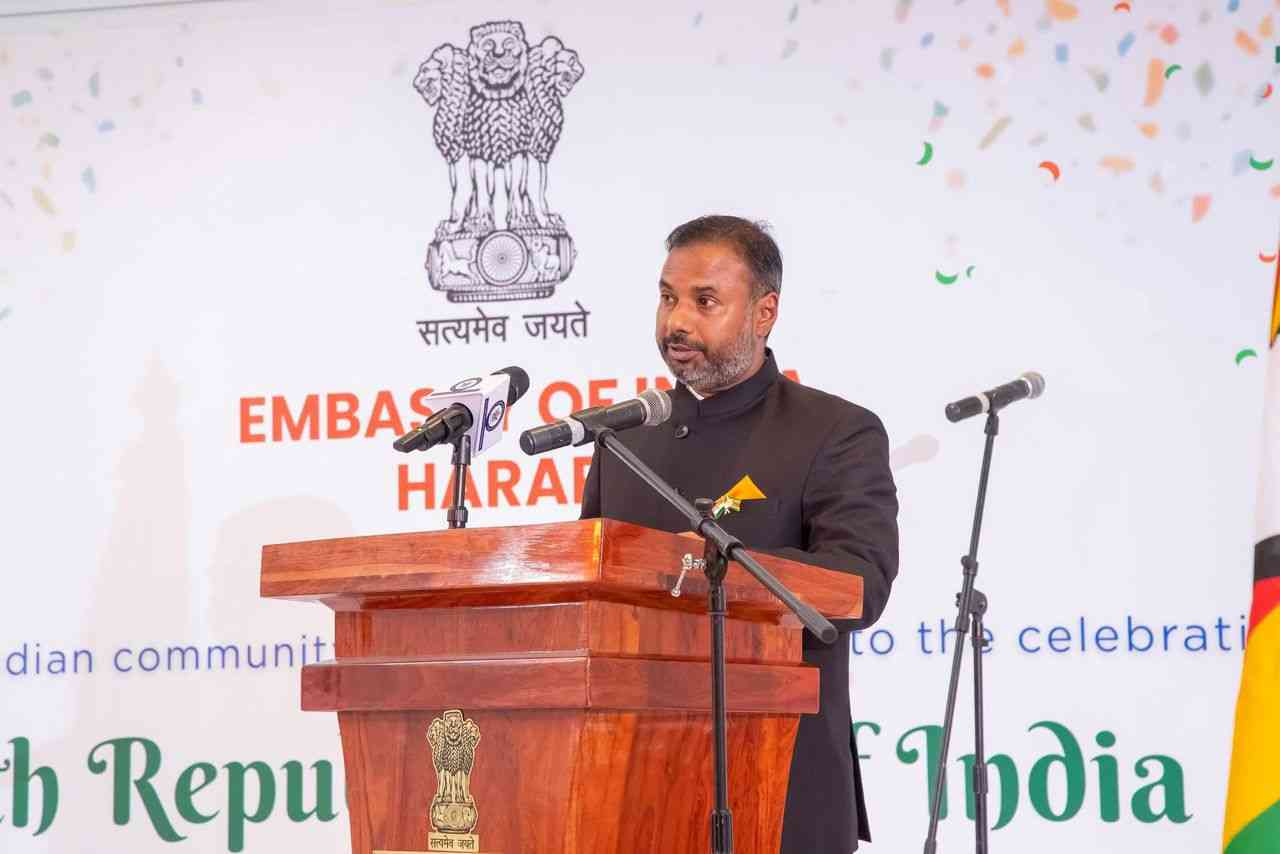
EVERY country’s politics is influenced by a variety of factors as well as their various dimensions.
In some countries, some things are so taboo that anyone who dares touch them bear the brunt of the people. Those are the political untouchables that define and decide the politics of a country.
In Indian politics, that is the fortress that onions hold. Onion is a vegetable that is an edible bulb with a pungent taste and smell, composed of several concentric layers, used in cooking. India is the world’s second-largest onion grower and consuming country after China.
Onion is not the staple food in India, rice is. Every meal usually starts with frying onions and ends with a bowl of uncooked onions on the dining room table. It is how meals are onion-punctuated in most Indian families. For these reasons, one of the elements that plays a major role in Indian politics is the onion.
Any Indian politician worth their salt will prioritise the onion agenda by promoting its growth, accessibility and export and ensuring domestic market prices remain affordable for everyone. Thereafter, a political conversation can then begin.
Because onions add profundity to meals, they are often used to test public opinion’s political taste. In instances where onion issues have not been handled properly, their pungency has caused political tears and choking, and sometimes deep-fried governments during elections.
The significance of onion politics in India was evident in 1980 when Indra Gandi advanced the onion agenda to earn her return to politics and the second-coming as India’s prime minister until her assassination in 1984. She had previously served in the same position between 1966 and 1977. Just about a year after her re-election, the prices of onion began to spike causing an uproar in the political kitchen.
The onion factor continues to be a delicate one among political delicacies in India. Just last year as India headed towards general elections held from April 19 to June 1 2024, the government introduced an onion export ban in December for at least four months to control domestic prices. It was not going to be politically-viable to run a campaign in the context of onion shortage.
- The brains behind Matavire’s immortalisation
- Zim’s poor batting hands India series
- Proposed raids on grain farmers raises stink
- Red Cross work remembered
Keep Reading
The export ban was extended indefinitely as part of efforts to ensure political agitation caused by onion price pungency was under control. And of course, the immediate objective of controlling the prices was achieved — affordable onions for the people. As expected, the domestic markets were oversupplied pushing the prices further down. With that, Narendra Damodardas Modi was re-elected Prime Minister of India for a third term.
With power back in his hands, Modi had no other option but to pretend he was responding to public discontent by lifting the export ban and allowing market dynamics to dictate the onion price. The lifting of the ban was seen as a positive move that stimulated productivity and profitability in the onion industry which was what the politicians wanted; what the farmers wanted and what the people wanted. That is the politics of the onion in India.
The onion is one of the political untouchables in India; one that must be treated with caution by any politician who aspires to take a leadership role in the country. Just to be clear. While the onion has a major role in influencing political opinion, it is not the main driver of the Indian economy. This year, India is ranked the fifth largest economy in the world largely driven by the service, industry and agricultural sectors.
What is our political untouchable? It does not have to be the onion but I would not mind that for its pungency — maybe that is something missing to stimulate political change. We have allowed ourselves to be distanced from most of our resources except for the land.
Our people still do not have control over or knowledge of how our natural resources in the country are managed soon after production. This is simply because the current government inherited the colonial system where everything is produced for foreign markets.
Most, if not all, of the minerals mined in the country are for export and never for stimulating beneficiation via domestic industry. So, minerals do not hold the same political symbolism as onions in India.
Our people have become so accustomed to the politics of hand-to-mouth political handouts during campaigns. Through that, they enrolled in some form of political cultism. For that reason, the political cult leaders have become the untouchables.
A phrase such as ‘touch-not the anointed one’ referring to politicians has become common in the political arena blocking any alternative reasoning in political debates. That has imprisoned the people’s ability to foster change because every political discussion is tied to cult individuals who are now inherently spared performance and suitability scrutiny.
They are no longer compelled to perform. All they need to do is nothing but just be there. This includes in the ruling party and the leaders of the now-defunct opposition parties who, for strange reasons, have remained untouchable political cult leaders with no known political parties. Indians love their onion and they protect it so dearly. What is Zimbabwe’s untouchable?
- Tapiwa Gomo is a development consultant based in Pretoria, South Africa. He writes here in his personal capacity.











